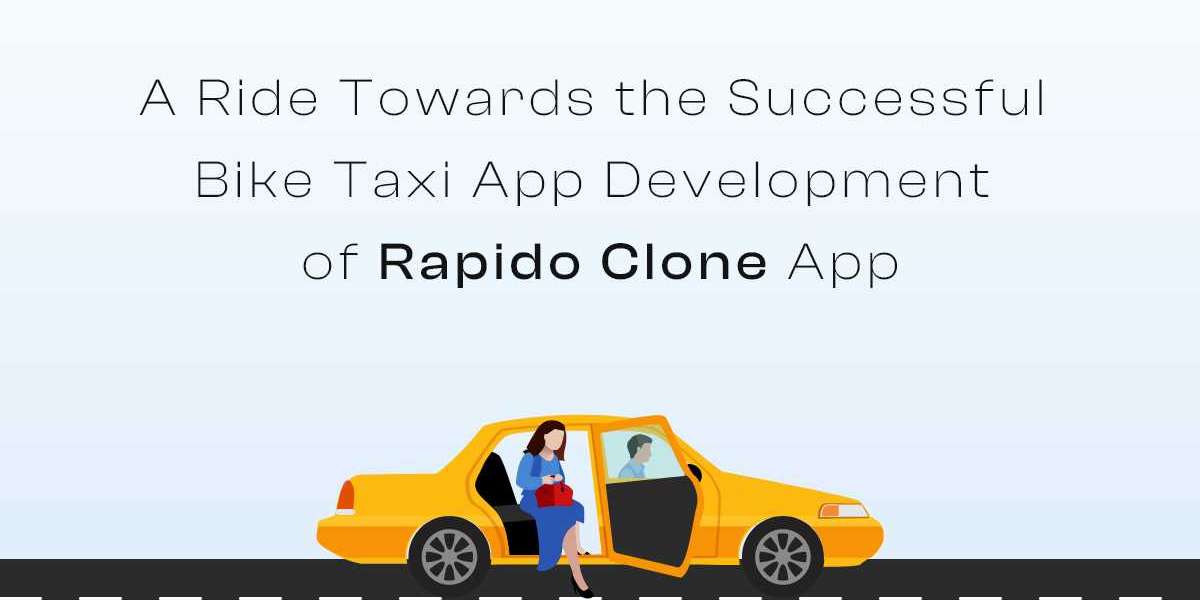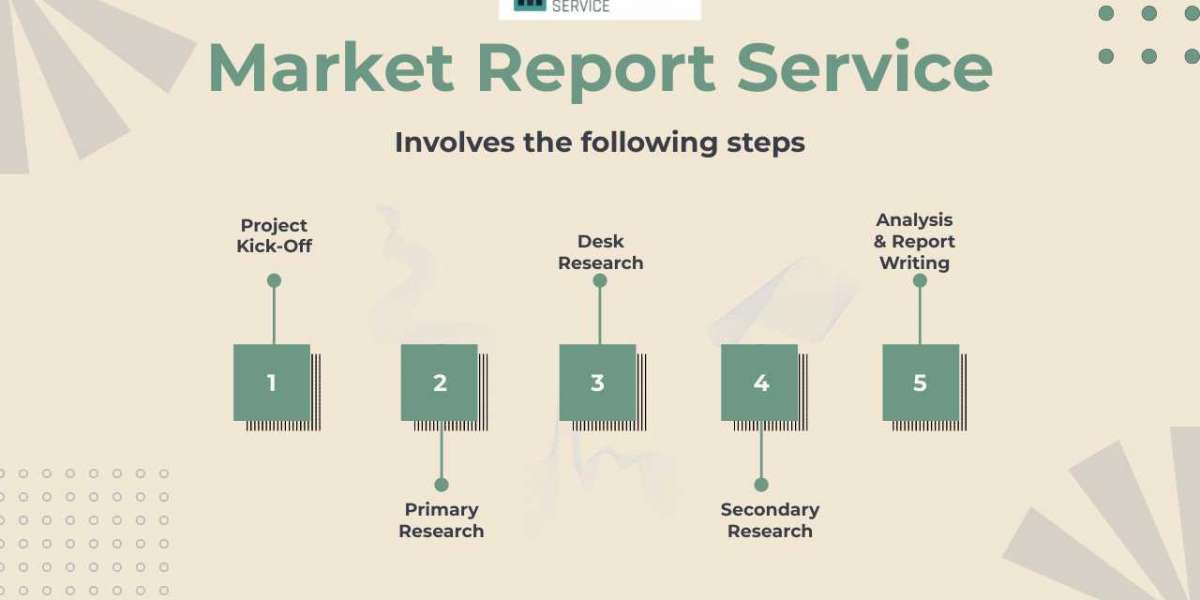Anxiety and curiosity are interwoven themes in the human experience; they are frequently intertwined yet unique in their expressions. That nagging sense of unease about the future, anxiety, can be incapacitating. It's the anxiety of not knowing what is ahead or what is outside the realm of our comprehension. Curiosity, on the other hand, is the amazement that drives us onward and compels us to investigate, uncover, and make sense of the foreign. Despite their apparent differences, curiosity and fear have a complicated relationship that greatly affects how we perceive the world.
Fundamentally, anxiety is a result of our innate need to survive. It is the body's normal reaction to perceived dangers, starting a series of physiological processes meant to get us ready for action. But in today's environment, where physical risks are frequently negligible, anxiety usually appears as a reaction to psychological strains and uncertainty. Anxiety can affect all facets of our lives, impeding our capacity to perform at our best. It might manifest itself in worries about relationships, the result of a job interview, or dread of the unknown.
On the other hand, a distinct set of impulses fuel curiosity. It's the never-ending thirst to discover, develop, and grow. Humans have always been curious beings with a natural need to learn and comprehend things, even in their early years of life. Scientific research, creative expression, and the pursuit of personal growth are all fueled by curiosity. It's what drives us to ponder, look for solutions, and explore uncharted territory.
Anxiety and curiosity might appear to be diametrically opposed at first. Whereas curiosity aims to embrace the unfamiliar, anxiety tries to avoid it. But a closer look reveals a more complex interplay between these two seemingly incompatible feelings.
The idea of the "anxiety-curiosity loop," which postulates that anxiety and curiosity are entwined in a feedback loop and that each is continuously influencing the other, provides one explanation for this association. Anxiety can take over when we are faced with uncertainty, making us feel overwhelmed and reluctant to investigate further. But as we face our doubts and anxieties, curiosity acts as a counterbalance, driving us to look for answers and solutions. By giving one a sense of authority and control over the unknown, the quest of knowledge and understanding can, in turn, reduce anxiety.
Anxiety can be effectively countered by curiosity, according to psychological study. Research have demonstrated the many benefits of curiosity, such as enhanced resilience, creativity, and pleasure. People can effectively reduce emotions of fear and uncertainty by embracing curiosity and actively seeking out new experiences.
Furthermore, developing an inquisitive mindset has the power to radically alter our perception of and reactions to anxiety-inducing circumstances. We can learn to perceive the unknown as a chance for exploration and progress rather than as a threat to be avoided. Through a different perspective on uncertainty, we can use curiosity to turn fear into a driving force for growth and self-awareness.
Managing the interaction between curiosity and anxiety can also be facilitated by engaging in self-compassion and mindfulness practices. We can develop an inner sense of calm and resilience in the face of uncertainty by being mindful of the present and treating ourselves with compassion and understanding. Regularly practicing mindfulness can also assist us in seeing our thoughts and feelings objectively, which enables us to react to them with more understanding and clarity.
To embrace the unknown means to be vulnerable and brave. It entails moving outside our comfort zones and facing the unknowns that lie ahead. But it is precisely at these times of uncertainty that we have the chance to develop as people and learn new things.
In summary, curiosity and anxiety are two sides of the same coin that are deeply entwined in the human condition. In the face of uncertainty, curiosity acts as a potent counterforce, driving us forward in our search for knowledge and understanding even when worry may initially rule. Through the adoption of an inquisitive attitude and the acceptance of curiosity, anxiety can be converted into a driving force for personal development.


